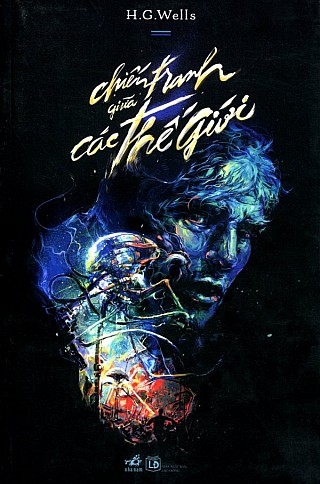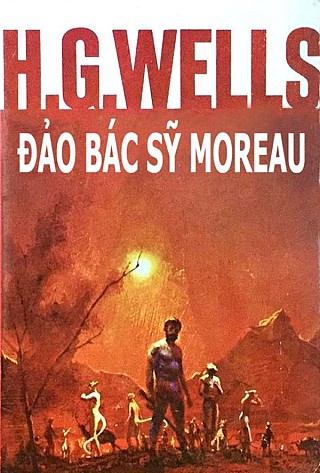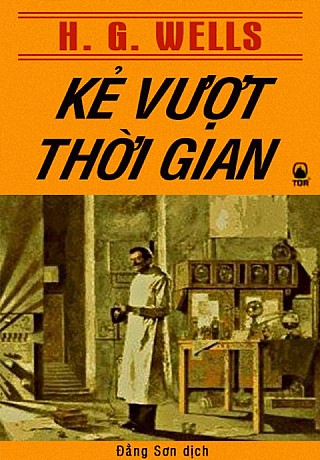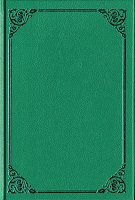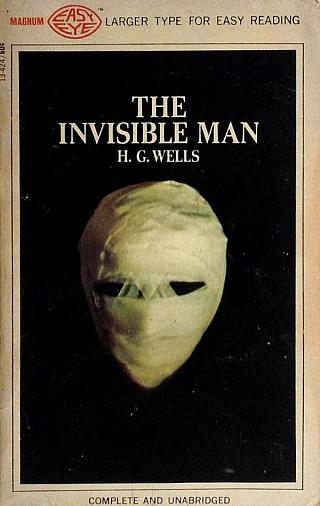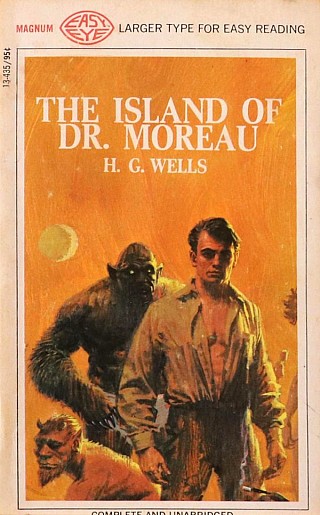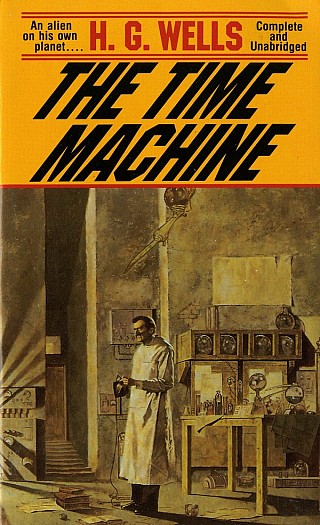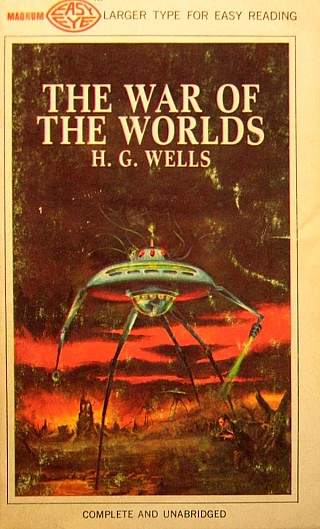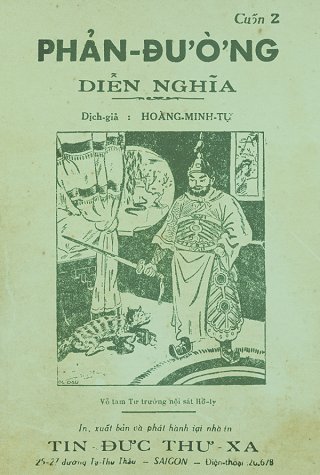-
Chiến Tranh Giữa Các Thế Giới
Truyện Dịch Khoa Học Viễn Tưởng
H. G. Wells
CHAPTERS 27 VIEWS 15517
Chiến Tranh Giữa Các Thế Giới là cuốn tiểu thuyết về cuộc chiến tranh như thế. Được in lần đầu vào năm 1898, viết bằng giọng văn đầy gợi tả nhưng cũng hết sức tỉnh táo, lạnh lùng, cuốn sách đã làm chấn động người đọc với những mô tả cực kỳ chuẩn xác trên phương diện cơ khí - giải phẫu học về cơ cấu của những cỗ máy kinh khủng mà người Sao Hỏa dùng để hủy diệt những người Trái Đất vô phương tự vệ. Nhân vật chính - một trong những người Trái Đất nhỏ bé, sẽ làm gí để tự cứu mình và bảo vệ sinh mạng người vợ yêu quý của anh?
-
Đảo Bác Sỹ Moreau
Truyện Dịch Khoa Học Viễn Tưởng
H. G. Wells
CHAPTERS 22 VIEWS 10593
Đảo Bác Sỹ Moreau là tiểu thuyết thứ 3 trong đời viết văn của H G Wells. Truyện kể về một khoa học gia lập dị sống cùng người học trò, đơn độc trên đảo hoang vu, cách biệt với thế giới văn minh. Hai thầy trò từ năm này qua tháng khác chỉ miệt mài nghiên cứu. Ngoài họ ra, cùng trú ngụ trên đảo còn có một lũ thổ dân xấu xí, thú không ra thú, người không ra người. Lũ thổ dân từ đâu mà ra, tại sao lại xấu xí dị hình đến vậy? Ngòi bút tài tình của H G Wells sẽ dần dần tháo gỡ các nút thắt bí mật, đưa người đọc đến một thế giới kỳ bí, hoang đường...
-
Người Vô Hình
Truyện Dịch
H. G. Wells
CHAPTERS 26 VIEWS 25104
"Người vô hình" không chỉ là câu chuyện khoa học viễn tưởng, mà còn là câu chuyện về cái thiện và cái ác, câu chuyện về quyền lực và sự suy đồi đạo đức. Quyền lực là mảnh đất màu mỡ cho những hạt mầm xấu nảy sinh. Một khi con người chạm vào đỉnh cao quyền lực, lòng tham và cái ác sẽ trỗi dậy. Quyền lực làm người ta tha hóa. Quyền lực tuyệt đối sẽ dẫn đến cái ác tuyệt đối.
-
The Invisible Man
English Sci-Fi
H. G. Wells
CHAPTERS 29 VIEWS 12521
The stranger came early in February, one wintry day, through a biting wind and a driving snow, the last snowfall of the year, over the down, walking from Bramblehurst railway station, and carrying a little black portmanteau in his thickly gloved hand. He was wrapped up from head to foot, and the brim of his soft felt hat hid every inch of his face but the shiny tip of his nose; the snow had piled itself against his shoulders and chest, and added a white crest to the burden he carried. He staggered into the "Coach and Horses" more dead than alive, and flung his portmanteau down. "A fire," he cried, "in the name of human charity! A room and a fire!" He stamped and shook the snow from off himself in the bar, and followed Mrs. Hall into her guest parlour to strike his bargain. And with that much introduction, that and a couple of sovereigns flung upon the table, he took up his quarters in the inn.
-
The Island of Dr. Moreau
English Sci-Fi
H. G. Wells
CHAPTERS 22 VIEWS 10645
On January the Fifth, 1888—that is eleven months and four days after—my uncle, Edward Prendick, a private gentleman, who certainly went aboard the Lady Vain at Callao, and who had been considered drowned, was picked up in latitude 5° 3′ S. and longitude 101° W. in a small open boat of which the name was illegible, but which is supposed to have belonged to the missing schooner Ipecacuanha. He gave such a strange account of himself that he was supposed demented. Subsequently he alleged that his mind was a blank from the moment of his escape from the Lady Vain. His case was discussed among psychologists at the time as a curious instance of the lapse of memory consequent upon physical and mental stress. The following narrative was found among his papers by the undersigned, his nephew and heir, but unaccompanied by any definite request for publication.
-
The War of the World
English Sci-Fi
H. G. Wells
CHAPTERS 27 VIEWS 12301
No one would have believed in the last years of the nineteenth century that this world was being watched keenly and closely by intelligences greater than man’s and yet as mortal as his own; that as men busied themselves about their various concerns they were scrutinised and studied, perhaps almost as narrowly as a man with a microscope might scrutinise the transient creatures that swarm and multiply in a drop of water. With infinite complacency men went to and fro over this globe about their little affairs, serene in their assurance of their empire over matter. It is possible that the infusoria under the microscope do the same. No one gave a thought to the older worlds of space as sources of human danger, or thought of them only to dismiss the idea of life upon them as impossible or improbable. It is curious to recall some of the mental habits of those departed days. At most terrestrial men fancied there might be other men upon Mars, perhaps inferior to themselves and ready to welcome a missionary enterprise. Yet across the gulf of space, minds that are to our minds as ours are to those of the beasts that perish, intellects vast and cool and unsympathetic, regarded this earth with envious eyes, and slowly and surely drew their plans against us. And early in the twentieth century came the great disillusionment.













